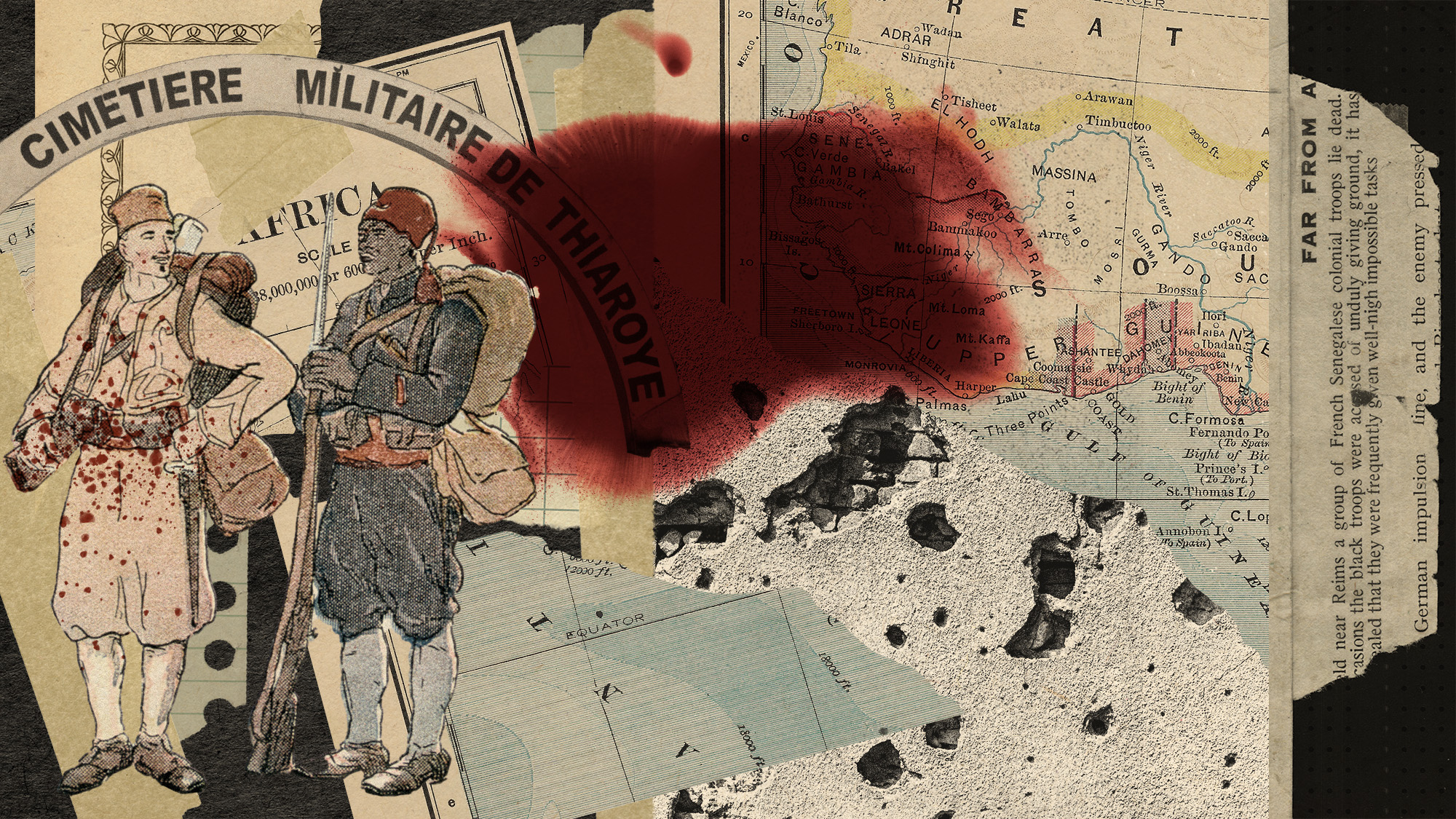Rise of the far-right: what’s behind the popularity of Vox in Spain?
Disillusioned younger voters are being drawn to Santiago Abascal’s party

A free daily email with the biggest news stories of the day – and the best features from TheWeek.com
You are now subscribed
Your newsletter sign-up was successful
Europe needs to fight an “Islamist invasion”, “climatic terrorism” and “woke ideology”, said the leader of Vox, Spain’s fastest-growing political party, at a Patriots for Europe rally this week.
The “enthusiastic reception” for Santiago Abascal from his supporters “reflects a national trend” that Vox is “on the march”, said The Times.
Who are Vox?
Vox – Latin for voice – is Spain’s party of the populist-nationalist right. It “initially grew” out of “alarm that Catalonia’s drive for independence would break up Spain”, said The Economist and “as that threat has receded”, it has turned to illegal immigration and “waging a culture war against feminism, trans and animal rights”.
The Week
Escape your echo chamber. Get the facts behind the news, plus analysis from multiple perspectives.

Sign up for The Week's Free Newsletters
From our morning news briefing to a weekly Good News Newsletter, get the best of The Week delivered directly to your inbox.
From our morning news briefing to a weekly Good News Newsletter, get the best of The Week delivered directly to your inbox.
It’s currently the third-largest party in the nation’s parliament: at the last general election, in 2023, it won 12.4% of the national vote, giving it 33 seats in the 350-seat house.
In 2020, the party’s outspoken leader told the socialist prime minister, Pedro Sánchez, that he was “the worst in the past 80 years”, which implied that even Francisco Franco’s government was better. When people demanded an apology, he doubled down, saying: “Fine, make it 800 years.”
Abascal wants to reclaim Spain’s history, and told the Wall Street Journal that the nation has “been ashamed of its past” for too long. He added that this was “absurd” because “our history is full of moments we should be proud of”, going on to cite the Moors being driven out of Spain, and the colonisation of the New World.
Why is Vox becoming more popular?
The party is “doggedly focused on immigration”, said the Wall Street Journal, which puts it “outside the bounds of the political mainstream, whose parties are too squeamish to address the subject head-on”.
A free daily email with the biggest news stories of the day – and the best features from TheWeek.com
Corruption scandals “rocking” the governing Socialist Party have been “celebrated” by Vox, said Politico. Abascal said the government is “a pool of corruption, a stinking swamp, a mafia group and a gang of criminals”. When the People’s Party (PP), refused to present a no-confidence motion against Sánchez, Abascal suggested that Spain’s mainstream political groups collude with one another.
Vox has “benefited from the PP’s flaws” because although its leader, Alberto Núñez Feijóo, was a “successful regional president of Galicia” he has “struggled to make his mark on the national stage”, said The Economist. Vox also capitalised on the “catastrophic mismanagement” of floods and mudslides in Valencia last year, sending volunteers to “stricken towns” under the “catchy slogan” of “only the people will save the people”.
So can Vox take power?
Spain’s younger citizens, who are “disillusioned with politics as usual”, are “increasingly drawn” to Vox, said the Wall Street Journal, noting a poll showed that 27.9% of 18- to 24-year-olds, and 26% of those aged 25 to 34 say they will vote for the party at the next election.
However, the party’s “international alignments could hurt it”, said The Economist, because its support for Donald Trump “may backfire on Vox if American tariffs hurt Spanish exports”. It’s “hard to see it displacing the PP, which retains deep roots in many of Spain’s regions”.
Chas Newkey-Burden has been part of The Week Digital team for more than a decade and a journalist for 25 years, starting out on the irreverent football weekly 90 Minutes, before moving to lifestyle magazines Loaded and Attitude. He was a columnist for The Big Issue and landed a world exclusive with David Beckham that became the weekly magazine’s bestselling issue. He now writes regularly for The Guardian, The Telegraph, The Independent, Metro, FourFourTwo and the i new site. He is also the author of a number of non-fiction books.
-
 Political cartoons for February 15
Political cartoons for February 15Cartoons Sunday's political cartoons include political ventriloquism, Europe in the middle, and more
-
 The broken water companies failing England and Wales
The broken water companies failing England and WalesExplainer With rising bills, deteriorating river health and a lack of investment, regulators face an uphill battle to stabilise the industry
-
 A thrilling foodie city in northern Japan
A thrilling foodie city in northern JapanThe Week Recommends The food scene here is ‘unspoilt’ and ‘fun’
-
 What will happen in 2026? Predictions and events
What will happen in 2026? Predictions and eventsIn Depth The new year could bring peace in Ukraine or war in Venezuela, as Donald Trump prepares to host a highly politicised World Cup and Nasa returns to the Moon
-
 Rob Jetten: the centrist millennial set to be the Netherlands’ next prime minister
Rob Jetten: the centrist millennial set to be the Netherlands’ next prime ministerIn the Spotlight Jetten will also be the country’s first gay leader
-
 Daylight saving time: a Spanish controversy
Daylight saving time: a Spanish controversyUnder the Radar Spain’s prime minister has called on the EU to remove biannual clock changes in Europe
-
 The WW2 massacre dividing Senegal and France
The WW2 massacre dividing Senegal and FranceUnder the Radar A new investigation found the 1944 Thiaroye attack on ‘unarmed’ African soldiers was ‘premeditated’, and far deadlier than previously recorded
-
 Sanae Takaichi: Japan’s Iron Lady set to be the country’s first woman prime minister
Sanae Takaichi: Japan’s Iron Lady set to be the country’s first woman prime ministerIn the Spotlight Takaichi is a member of Japan’s conservative, nationalist Liberal Democratic Party
-
 Israel and the Gaza flotilla
Israel and the Gaza flotillaThe Explainer Activists fear loss of life after blaming Israel for drone attacks on ships
-
 Kim Ju Ae: North Korea’s next leader?
Kim Ju Ae: North Korea’s next leader?The Explainer Kim Jong Un’s young daughter is being seen as his ‘recognised heir’ following a high-profile public appearance at China summit
-
 Is Trump's new peacemaking model working in DR Congo?
Is Trump's new peacemaking model working in DR Congo?Talking Point Truce brokered by the US president in June is holding, but foundations of a long-term peace have let to be laid